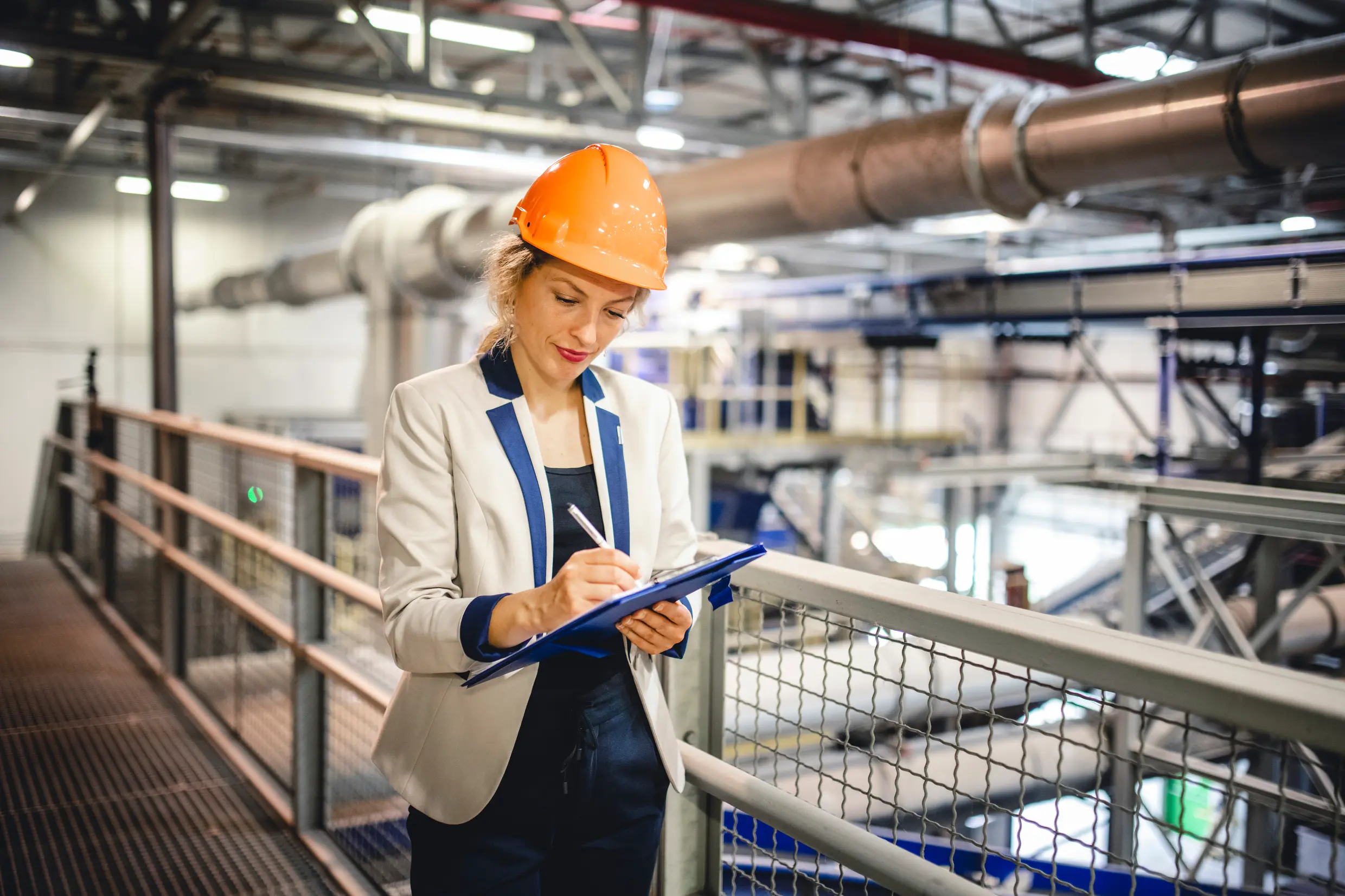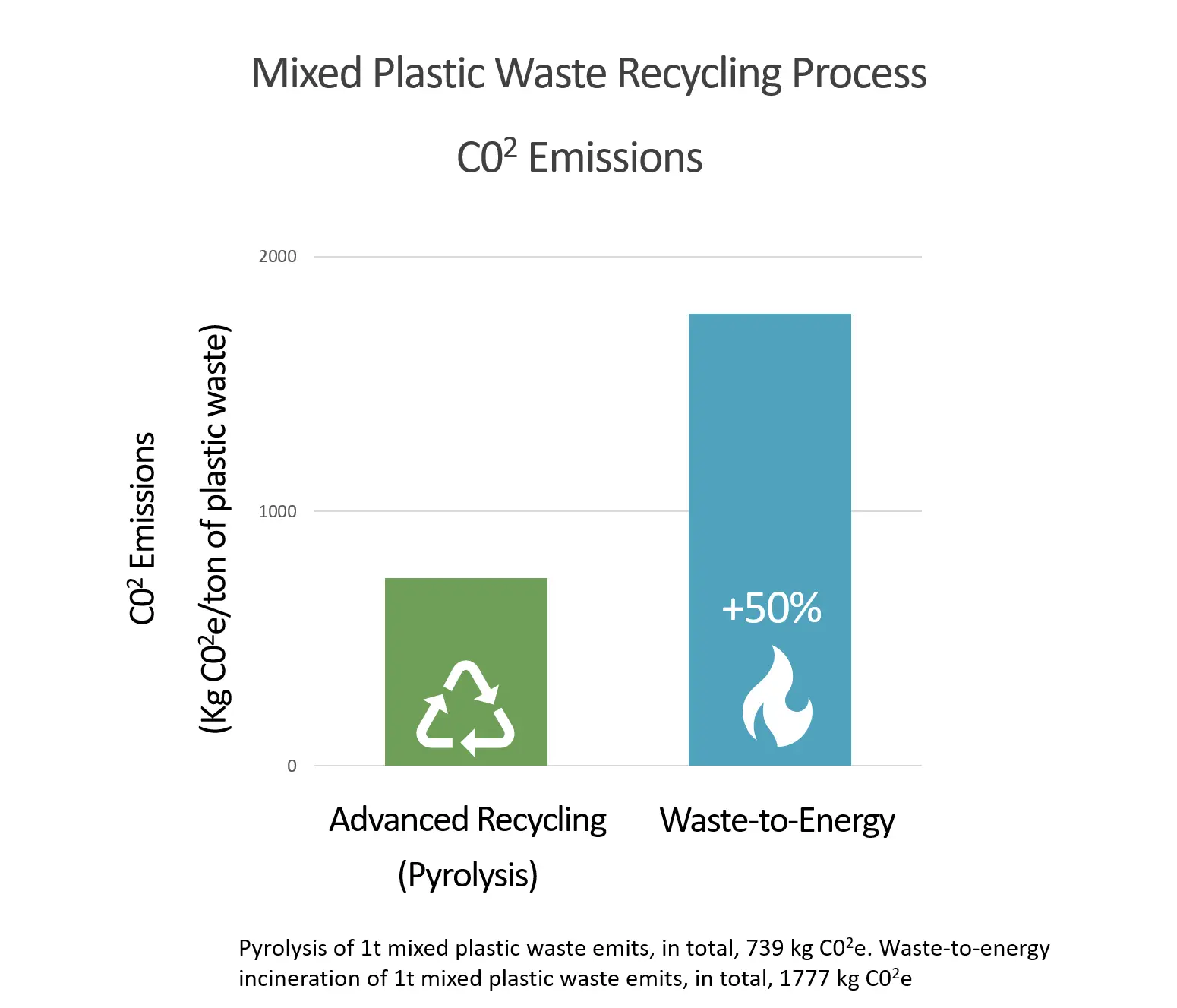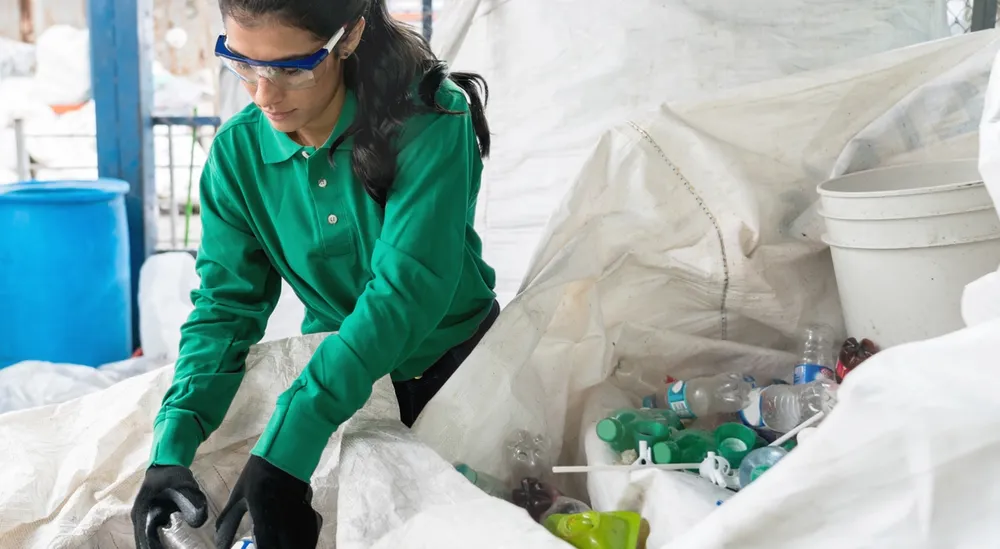Study Says: Yes. Advanced Recycling Reduces Plastics’ Environmental Footprint
We use plastic in lots of new and different ways to make life better. Plastics help keep our food fresher, our water cleaner, our families safer and more connected, and they often help us do more with less. That’s partly because plastics makers employ leading scientists and innovators who thrive on finding better ways to do things.
Today, those scientists and innovators are working to tackle even bigger challenges, like reducing waste and emissions. One of the most promising ways to do this is by expanding the use of advanced recycling technologies. So, what exactly does that mean, and how can it help improve sustainability?
The recycling method most of us know is called traditional, or mechanical, recycling – we collect, clean, heat and reform plastic items into tiny pellets that are used to make new products. Traditional recycling works well for items we toss into our home recycling bins, like plastic water bottles and milk jugs. It’s the most common kind of recycling municipalities use.
In recent years, innovations in plastic packaging (such as pouches used for soup, tuna, deli meats and trail mix) have helped keep our food and produce fresher for longer. This new and improved packaging reduces food spoilage and waste, extends shelf life and makes transporting products more efficient because they’re lighter and take up less space.
But traditional recycling doesn’t work for some types of plastic packaging. So innovative companies have created advanced recycling technologies that make it possible to recycle these harder-to-recycle plastics. These emerging technologies break down plastics into their original components so they can be used to make new products. And that’s enabling society to recycle and reuse greater quantities and more types of plastics.

Recovering and reusing plastic to create new products not only keeps plastic waste out of the environment, it has sustainability benefits. In fact, BASF commissioned a study on pyrolysis, an advanced recycling technology that breaks down plastic using heat. The study found this type of advanced recycling resulted in half the greenhouse gas emissions as waste-to-energy, another method of handling plastic waste.

Advanced recycling also presents a cost-effective way to capture and reuse plastic, helping to keep it out of the environment, and produce a variety of new products, including plastics of the same quality as virgin plastics. This is a win for everyone.
Looking ahead, ongoing investment to expand and scale advanced recycling technologies will support sustainability efforts and play a key role in creating a more circular economy for plastics.
Over the past three years, the private sector has announced investments of more than $5 billion in both modernized mechanical and advanced recycling technologies. These newly announced investments are expected to recycle up to 9 billion pounds of material per year. By continuing to improve our traditional recycling infrastructure and expanding advanced recycling across the country, we’re creating a more sustainable future and moving closer to achieving the industry’s goal of reusing, recycling or recovering 100% of used plastic packaging in the United States by 2040.
Continue to visit America’s Plastic Makers: Making Sustainable ChangeSM to learn more about the steps we are taking to help end plastic waste, build a circular economy for plastics and create a more sustainable future.

